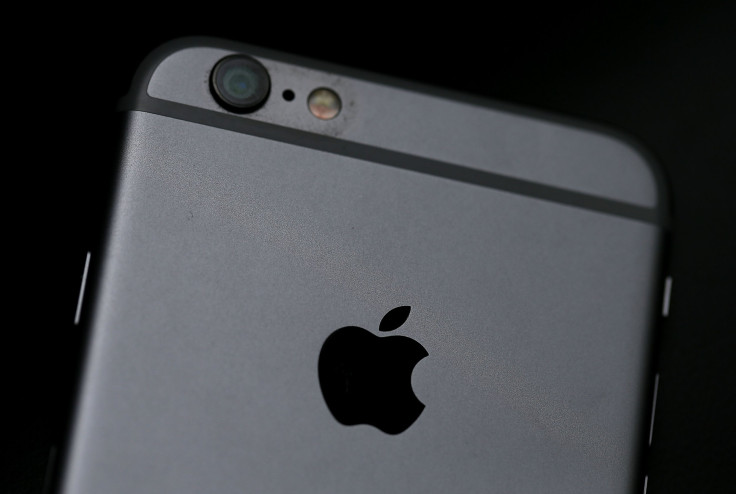Apple Is Finally About To Start Direct Sales In India

India has long been a difficult market for Apple (NASDAQ:AAPL) to enter, in part due to complex regulations around local sourcing. The tech titan has historically had to sell its wares through various layers of third-party distributors and retailers, all of whom demand their own margin for their role in getting gadgets into the hands of Indian consumers. Apple has spent years trying to get around the local sourcing requirement with little to no meaningful progress -- until now.
At long last, Apple is finally getting ready to start direct sales in the world's second-most-populous nation.
Setting up shop
Bloomberg reports that India is relaxing its local sourcing requirements and will now allow exports to be counted toward those requirements. As part of its broader push to diversify its supply chain outside of China due to President Trump's ongoing trade war, Apple has been moving some iPhone production (via contract manufacturers) to India.
Contract manufacturer Wistron operates a factory in Bangalore, and Foxconn has a testing facility near Chennai. That appears to be helping Apple meet the regulation, paving the way for online sales and eventually a brick-and-mortar Apple Store, which is expected to open in Mumbai next year, according to the report.
"We have started manufacturing [in India], which is very important to be able to serve the market in a reasonable way," Apple CEO Tim Cook said in April. "And we're growing that capability there."
Apple is preparing to commence online sales of iPhones, iPads, and Macs within a matter of months, according to Bloomberg. Selling directly to consumers has always been an important aspect of Apple's strategy, as it lets the company better own and control the purchase experience and customer relationship.
Low-cost rivals are faring better
Apple's market share in India is a rounding error, and the Cupertino tech giant is reportedly shifting its priorities to focus more on profitability over unit volumes, according to a recent report from The Economic Times. The company recently stopped selling its most affordable iPhone models in India, effectively raising the entry-level price. Earlier this year, Cook made the first official disclosure of Apple's sales in the country: $2 billion in 2018.
Smartphone makers have been eyeing the Indian smartphone market for years, hoping that it represents the next major growth driver as the rest of the global smartphone market cools due to maturity and saturation. Global unit volumes fell 2.3% in the second quarter, according to IDC. Low-cost Chinese vendors like OPPO have performed the best in India, with China and India now representing nearly 75% of OPPO's total unit volumes.
Apple's premium pricing strategy has precluded the average Indian consumer from buying an iPhone. Let's see if direct sales can help the tech giant grow its presence in India.
This article originally appeared in the Motley Fool.
Evan Niu, CFA owns shares of Apple. The Motley Fool owns shares of and recommends Apple. The Motley Fool has the following options: short January 2020 $155 calls on Apple and long January 2020 $150 calls on Apple. The Motley Fool has a disclosure policy.



















